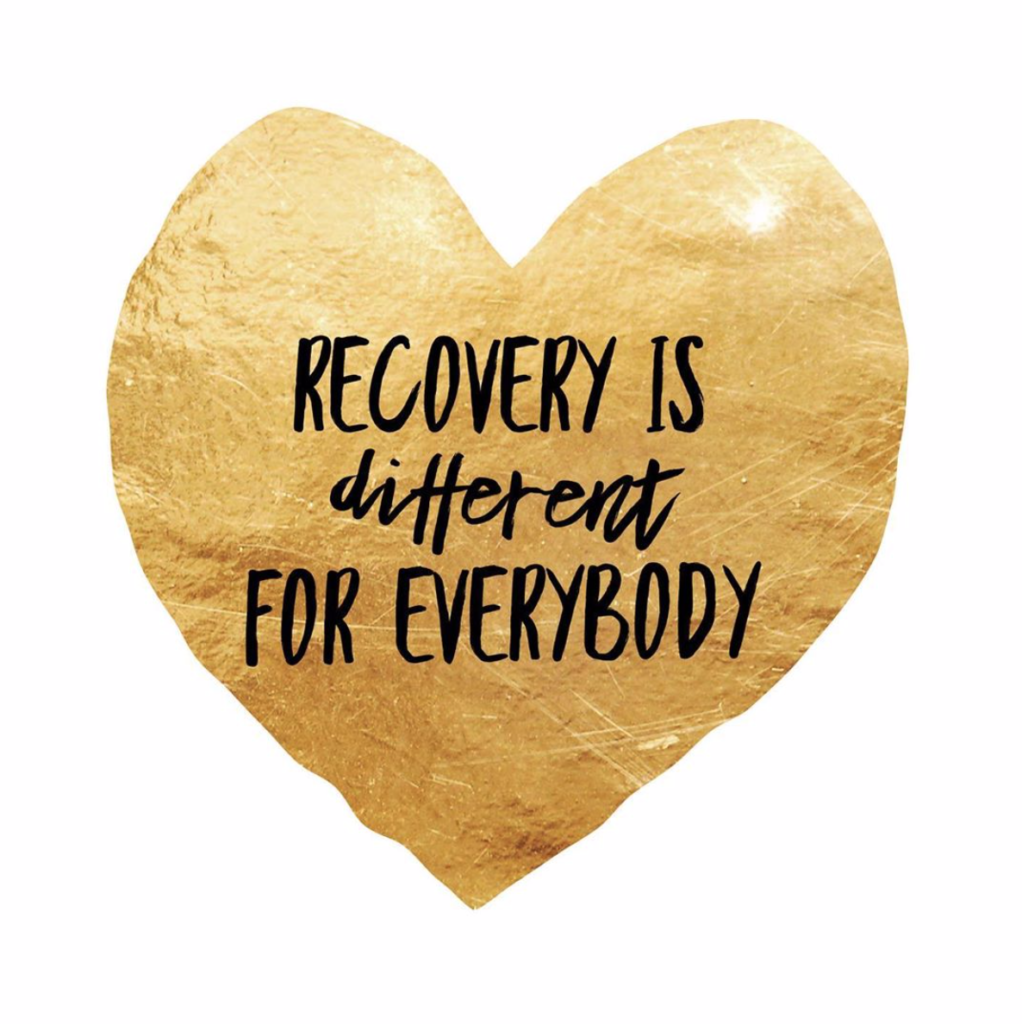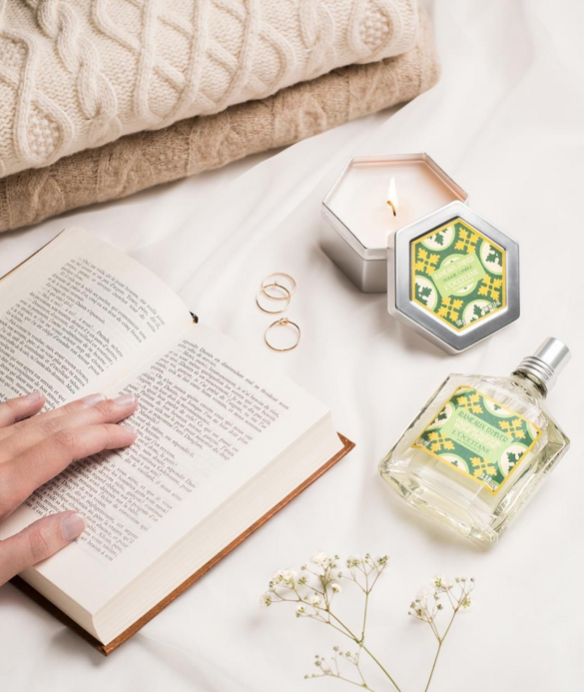Huge thanks to Sophie Richmond (find her on instagram @balancing_bambi) for this amazing series of posts on Recovery from an Eating Disorder. Sophie is not currently a nutritional professsional or therapist but is going to be studying an MSc in Clinical Nutrition and Eating Disorders at UCL from September. I am sharing these posts as inspiration and because I think it is important to show that recovery is possible and happens.

The first thing to understand about ‘recovery’ is that it is different for everybody. Your experience will be different to mine but neither is ‘right’ or ‘wrong’. Recovering from an eating disorder, in my case anorexia, is not an overnight decision that you make once – it is one that you have to make every single day (sometimes several times). You will probably view your eating disorder as a ‘comfort blanket’ that you cling to when you are frightened or afraid. But imagine if you found out that ‘comfort blanket’ was doing you more harm than good?
TALK
It is really important that you articulate your feelings. Eating disorders are not actually about food – they are a coping mechanism for something deeper. Talk to a trusted healthcare professional, friend or family member about your thoughts. Recovery requires determination, strength and support. Surround yourself with people who you feel able to confide in and don’t be afraid to be honest about what is helpful to you or what something sets you back (for example, if you are at a family gathering and a relative is talking about their 5:2 diet or calories – make sure you talk through your emotions with someone afterwards about how this made you feel and don’t let someone else’s decisions set you back).

READ
I studied English at university which made me think about the idea of the ‘eating disorder voice.’ I never ‘heard voices’ but I did have a constant narrative of negativity regarding my self-worth and place in the world. I was my own ‘unreliable narrator’ – or rather anorexia was telling me a false narrative. In order to recover I needed to challenge the ‘authorial voice of anorexia’ by controlling my own thoughts in order to take charge of my own story. Consider William Shakespeare’s Othello… anorexia is very similar to Iago – a character who seized upon tokens of truth and manipulated them into a fantasy to destroy a man who believed the lies.
Reading the play left me with a resounding feeling of regret…of what if? What if you challenged your eating disorder thoughts by questioning the feelings of guilt, self-loathing, fear and failure? It is hard to comprehend the power of thoughts in relation to yourself – it is only through novels, plays and characters that we see the motives and misconceptions of others. Reading takes you outside of yourself, distracts you from your worries and asks you to contemplate and question. It allows you to see that everyone behaves in a certain way because they are battling their own issues – it is not always about you. Recovery is about finding the courage to deflect deeply ingrained ‘untruths’ and allow yourself to question the harmful opinions of others. I was always fascinated by young Jane Eyre’s strength in standing up to Aunt Reed saying she was the ‘bad child.’ This is exactly how you need to respond to the ‘voice’ of your eating disorder.
SELF-TALK
Although you might struggle with the ‘self’ part of ‘self-care’ – you probably will be well versed in the power of ‘self-talk.’ Often the eating disorder takes over the ‘self’ and feeds in negative thoughts. To combat this try using, what I call, a ‘puppy analogy’. Take all the terrible, degrading words your eating disorder tells you on a daily (sometimes hourly or minute-by-minute) basis and imagine hearing them spoken to a pet (or person) you really love (I use a puppy because I now have an adorable Frenchie). How would you feel standing in a room hearing someone a loved one being told to starve themselves or that they are a useless failure who doesn’t deserve to live? You would be really angry. You would march the bully out of the room, lock the door and shower your loved one with care. So why not apply that to yourself? Visualise the intrusive thoughts as this external bully who needs to be shown the door – and allow yourself to accept the support and love of others who value the real you.
